1,200 volunteers from four countries, namely Romania, Bulgaria, Ukraine and the Republic of Moldova, were trained for two years to monitor the problems related to the pollution of the waters flowing into the Black Sea, within a project with European funds in the amount of 870,000 euros, which has reached the end.
Entitled "Establishment of a learning network for the consolidation of the effort of joint control and monitoring of the environment in the Black Sea basin - LeNetEco2", the project was carried out by a consortium consisting of six partners from different professional backgrounds, including some with experience in the Black Sea Basin Program.
The partners of the project are: from Romania - the Danubius University of Galati (leading partner) and the Cross-Border Cooperation Association Lower Danube Euroregion Galati; from Bulgaria - Prof. Asen Zlatarov PhD University of Burgas; from the Republic of Moldova - the Ecological Counseling Center of Cahul; from Ukraine - the Agency for Sustainable Development and European Integration Lower Danube Euroregion of Izmail and the National Polytechnic University of Odessa.
The general objective of the LeNetEco2 project was "the creation of a joint effort to consolidate and involve the society of the countries of the Black Sea basin by controlling the environment and monitoring the improvement of the state of the deltas formed by the rivers in this region, considering the fact that national borders represent an obstacle substantial for the exchange of information and knowledge, which are necessary for the control and monitoring of the common environment in the countries of the Black Sea basin".
The project manager from the leading partner Danubius University, the former vice-mayor of Braila Lucian Tilea, explained that the volunteers were taught to use a platform, on which to upload information related to the pollution of the waters flowing into the Black Sea, the data with the locations polluted to be transmitted, in the form of an official notification, to the institutions empowered to ascertain the pollution and take measures.
For the Danubius University, the course was delivered by Mariana Costin and was addressed to a number of 220 volunteers, respectively 80 pupils, 80 students and 40 representatives of local authorities and 20 representatives of commercial companies interested in the project, and it ended this week.
The project was carried out for two years and included the period of the war in Ukraine, a partner country in the project, which is why "the data of the problem changed" and some adjustments were needed in terms of organization and also in the way the money was spent.AGERPRES

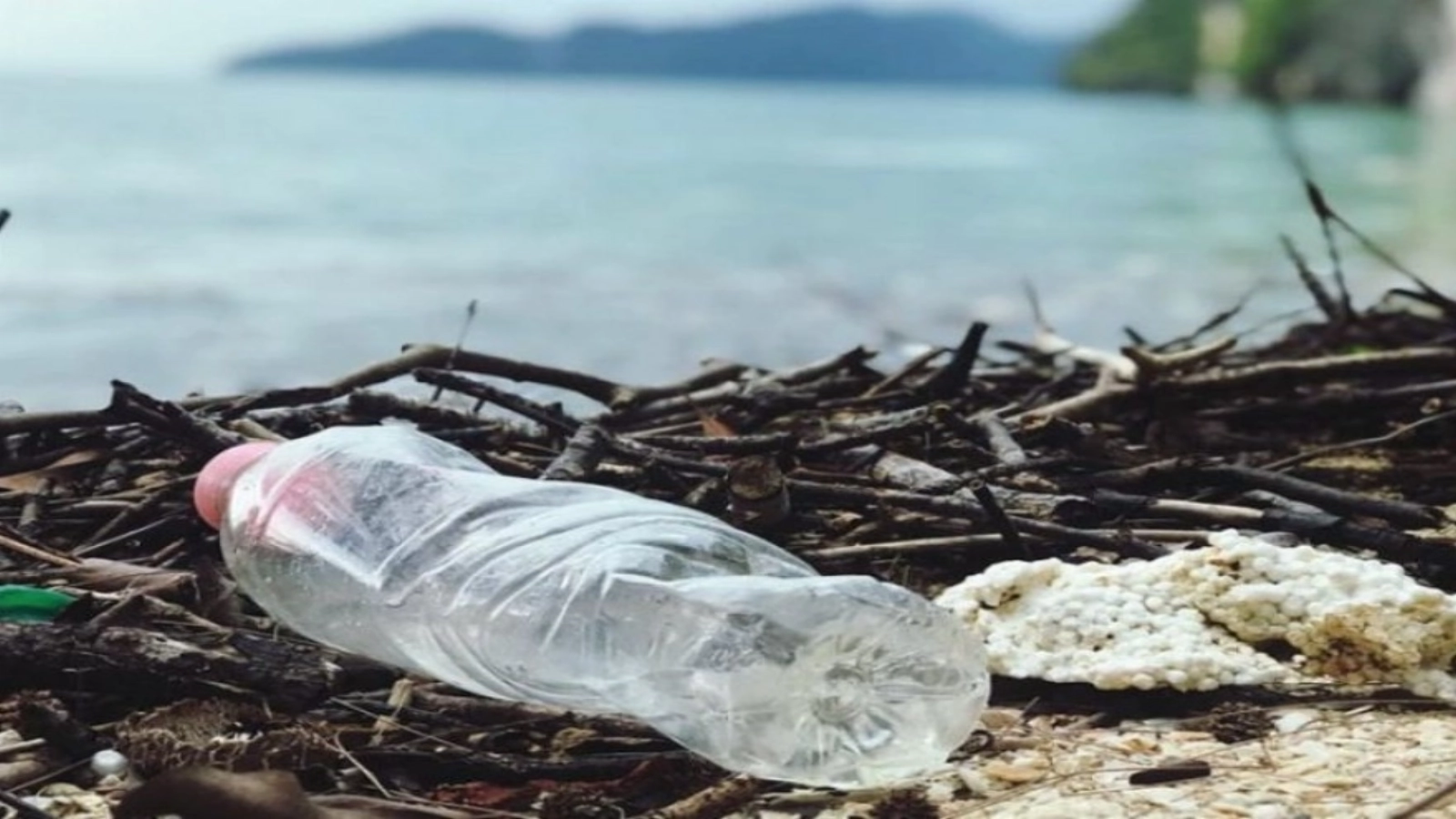







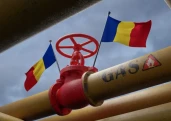



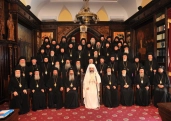








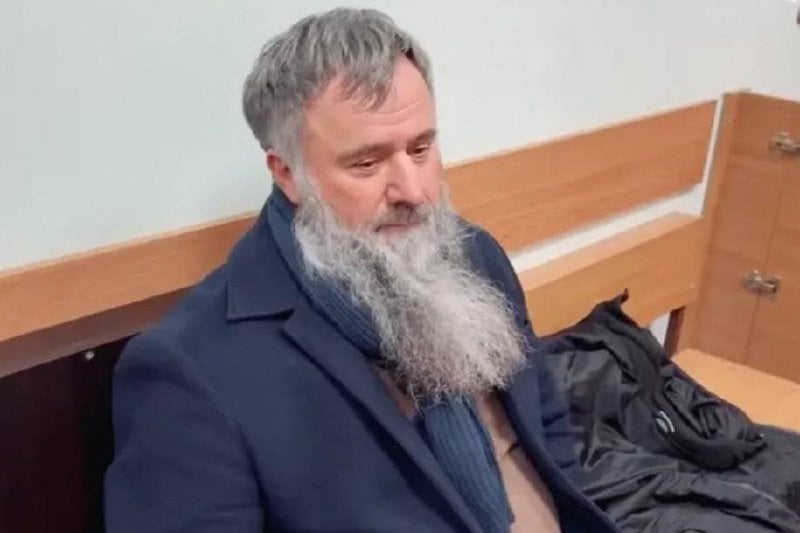
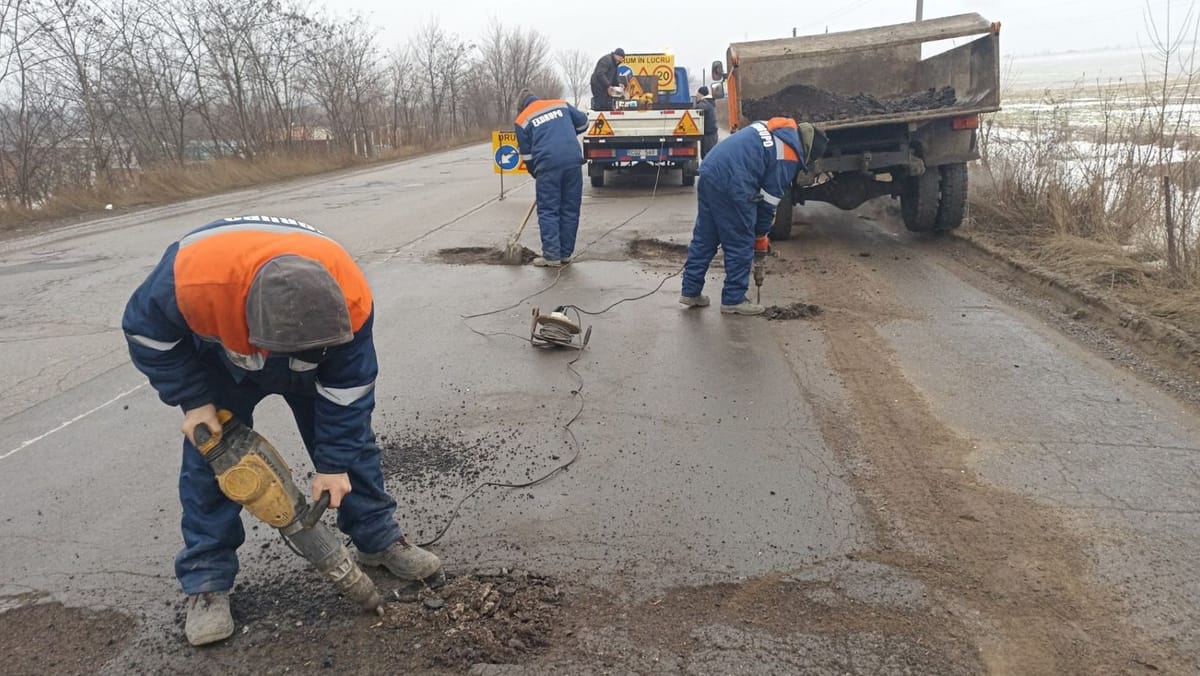








Comentează